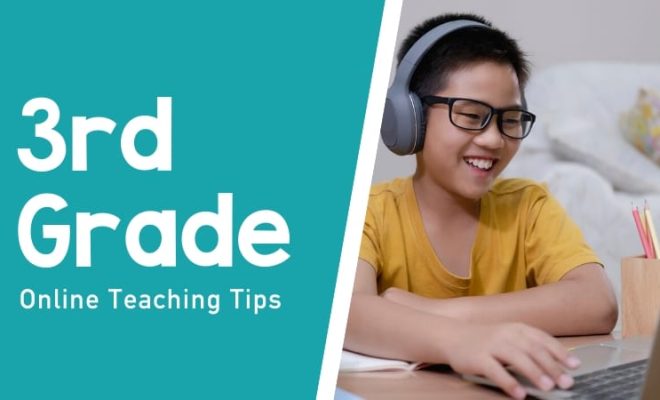21 Ways to Build Background Knowledge

Building background knowledge is crucial for learning and staying informed. It helps us understand new concepts, make connections between ideas, and think critically. Here are 21 effective ways to build background knowledge:
1. Read extensively: Make a habit of reading a wide variety of books, articles, and blogs. This exposes you to different topics and increases your knowledge base.
2. Follow current events: Stay updated with the news and follow reputable sources to understand global issues and world events. This broadens your perspective and helps you engage in informed conversations.
3. Join online forums and discussion groups: Participate in online communities related to your interests. Engage in discussions and learn from other members’ experiences and insights.
4. Watch educational videos: Platforms like YouTube offer a plethora of educational content. Utilize these resources to expand your knowledge across various subjects.
5. Take online courses: Enroll in online courses or webinars to acquire specialized knowledge in specific areas of interest.
6. Attend workshops and conferences: Attend events and conferences relevant to your field of interest. This allows you to learn from experts, gain insights, and network with like-minded individuals.
7. Learn a new language: Learning a new language not only enhances communication skills but also exposes you to different cultures, literature, and perspectives.
8. Listen to podcasts: Podcasts cover a wide range of topics and offer in-depth discussions. They are a great way to learn while on the go.
9. Explore museums and exhibitions: Visit museums, exhibitions, and art galleries to gain a deeper understanding of history, culture, and artistic expression.
10. Engage in social conversations: Have conversations with people from diverse backgrounds. This helps you learn about different cultures, traditions, and ideas.
11. Volunteer: Engage in volunteering activities to gain practical knowledge and contribute to a cause you care about.
12. Play educational games: Online games and mobile apps offer interactive learning experiences that make learning engaging and fun.
13. Conduct research: Take the initiative to research topics that interest you. Explore reputable sources, academic journals, and credible websites.
14. Use educational apps and platforms: Utilize educational apps and online platforms that provide access to extensive learning resources and courses.
15. Join book clubs: Participate in book clubs to engage in discussions about various genres, authors, and literary works.
16. Write and reflect: Writing about your thoughts, experiences, and learnings helps consolidate knowledge and enables deeper understanding.
17. Follow thought leaders: Follow influential thinkers, researchers, and experts in your areas of interest on social media or through their publications.
18. Travel: Experiencing new cultures and places broadens your understanding of the world and exposes you to diverse perspectives.
19. Explore different genres of literature: Read fiction, non-fiction, poetry, and other genres to broaden your understanding of different writing styles and subjects.
20. Implement active learning strategies: Engage in hands-on learning experiences, such as experiments, simulations, and practical applications.
21. Keep an open mind: Embrace curiosity and approach new ideas with an open mind. Be willing to challenge your existing beliefs and embrace lifelong learning.
By actively implementing these 21 ways, you can continually build your background knowledge and enrich your learning journey. Remember, knowledge is power, and the more you know, the better equipped you are to navigate the complexities of the world.






